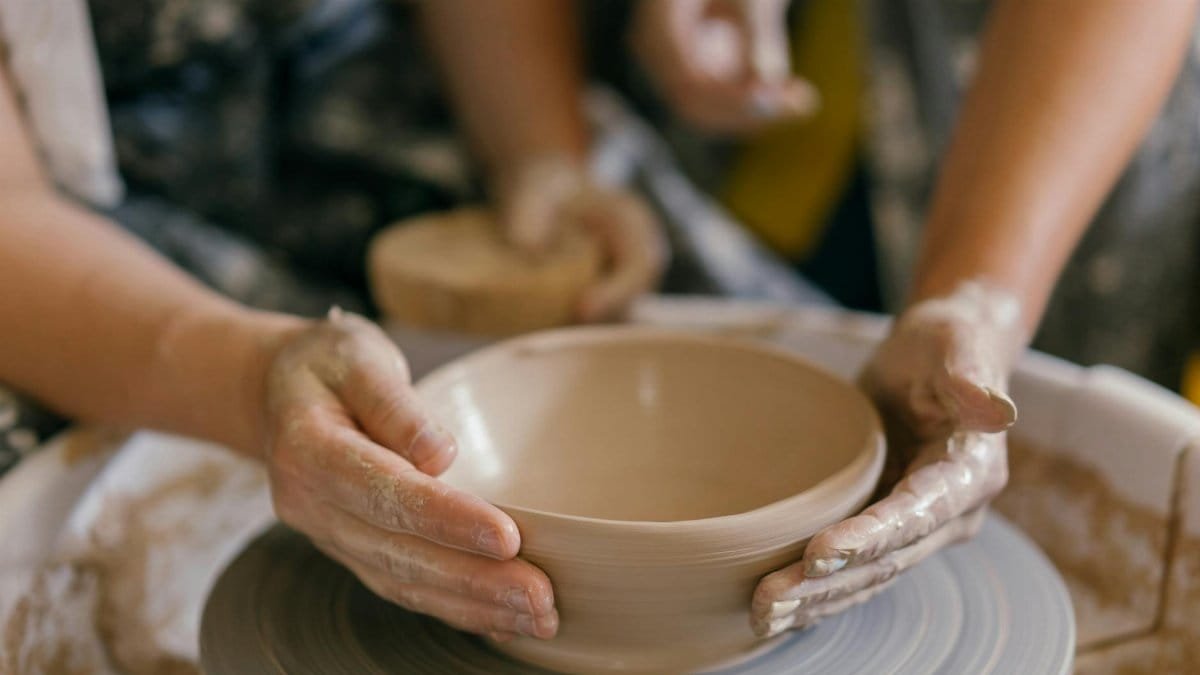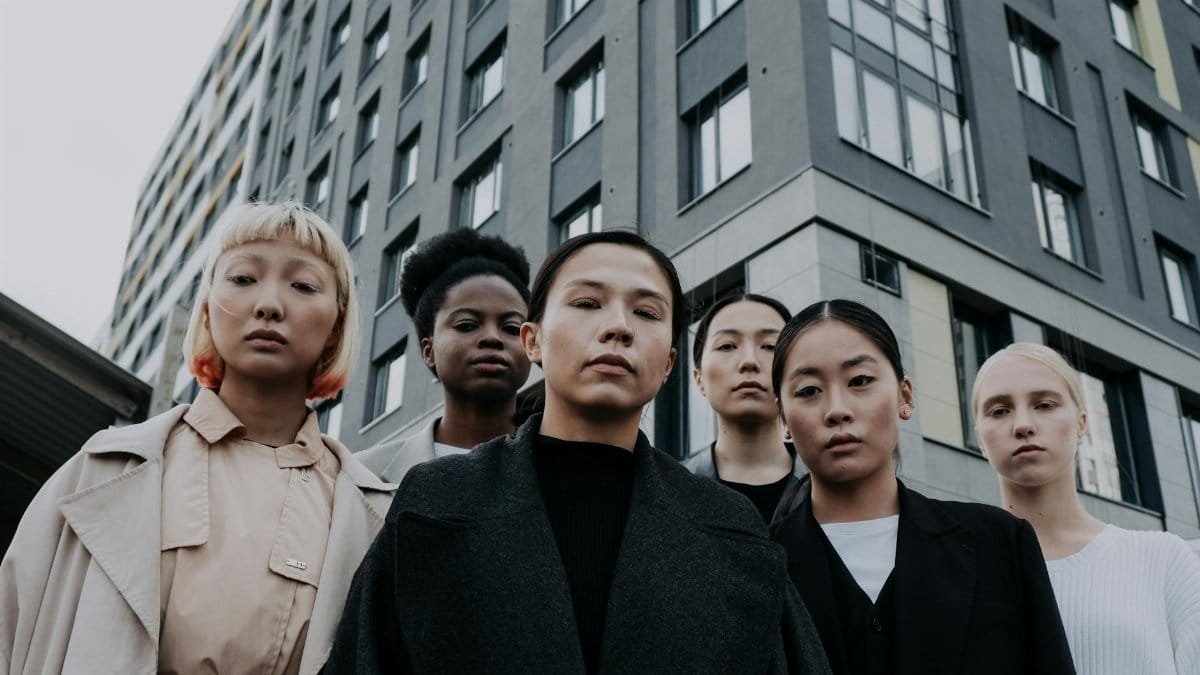Is building a secular community tribe really the answer to loneliness in a post-religious world? As traditional religious structures lose their grip—Pew Research shows 28% of Americans now identify as religiously unaffiliated in 2025—many are seeking meaningful connections without dogma. This growing movement isn’t just about rejecting faith; it’s about creating spaces for shared values, support, and belonging. Across the U.S., people are redefining community, and the push for secular tribes is gaining traction fast. Here’s how it’s happening and where to find your own.
Rising Need for Non-Religious Bonds

With church attendance dropping, the void is real. The American Psychological Association notes social isolation as a major health risk, rivaling smoking. Secular tribes—groups built on shared interests or ethics rather than faith—offer a lifeline. From urban centers to small towns, people crave connection without sermons. In 2025, surveys show a spike in Americans seeking alternative communities, especially among Millennials and Gen Z, who prioritize authenticity over tradition.
Where Secular Tribes Are Forming

These communities aren’t hiding. Look to local meetups on platforms like Meetup.com, where groups focus on everything from humanism to hiking. Universities host secular student alliances—check resources at places like Harvard University for models. Even libraries and coffee shops are becoming hubs for discussion circles. The key? Start small, find a shared passion, and build from there.
Digital Spaces Leading the Charge

Online platforms are turbocharging this trend. Reddit’s r/atheism and Facebook groups for secular parenting connect thousands daily. Virtual book clubs or Zoom hangouts break geographic barriers, letting rural folks join the conversation. A 2025 report from Pew Research highlights that 35% of unaffiliated Americans find community online first. It’s not perfect—trolling happens—but it’s a start.
Challenges in Building Secular Community Tribe

It’s not all smooth sailing. Without a central doctrine, secular groups can struggle with cohesion. Some fizzle out due to clashing personalities or lack of structure. Others face stigma, especially in religiously dominant areas. A study by NIH points to lingering bias against non-believers, with 40% of Americans viewing atheists skeptically. Overcoming this takes persistence and clear communication.
Practical Steps to Start Your Own

Ready to build your tribe? First, identify your core values—maybe it’s environmentalism or skepticism. Host a casual meetup at a neutral spot like a park. Use social media to spread the word but vet members for safety. Keep events consistent—monthly potlucks or debates work. Most importantly, foster inclusivity. Secular doesn’t mean anti-religion; it means open to all who seek connection without creed.
Real Impact of Secular Tribes

